#network
#skils
#students
Erasmus
Mobility
We live in a fairly extraordinary times. The cyber world was once a fiction. Now it is becoming a reality. However, we must remember that when we enjoy being able to learn online, we must not forget about the risks. Now they seem bigger than they used to be.

Source: pixabuy.com
Sometimes it seems to us that the Internet has allowed students to avoid the effects of a pandemic in terms of the learning process. Pupils and students used to spend a lot of time in front of the computer and with a mobile phone. Today, modern technology becomes an immanent part of their lives.
For this reason, we want to start a discussion on good practices in the context of searching for online security.
Information on safe behaviour in the network during remote learning based on polish experience:
- Use anti-virus software.
- Watch out for e-mails received from people you don’t know. Never open suspicious attachments and never use links sent by a stranger! For example, they can contain viruses. It’s best to delete e-mails from strangers right away.
- Download files from the web carefully.
- Avoid clicking on unknown links and attachments in e-mail messages.
- Never put your home address, telephone number, information about you and your parents, etc. on your website. Do not post pictures of yourself, your family or anyone else on your website without their consent.
- Protect your accounts on social networks.
- Use hard-to-guess passwords that use a combination of letters and numbers.
- Read the regulations.
- Check if the website you are logging in has SSL protection.
- Remember that the person on the other side doesn’t have to be who they say they are.
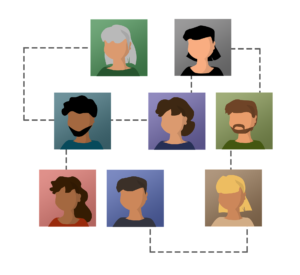
Source: pixabuy.com
Good practices:
Don’t be vulgar, use the rules of spelling and punctuation.
Do not send the so-called chains of happiness.
Do not send e-mail to many people at the same time with public addresses – use blind copy.
Don’t send unnecessary SPAM messages.
Treat others the way you want them to treat you.
If the message you have received is vulgar or disturbing, do not reply to it.
If you have other suggestions, please share them.
You can help this way!

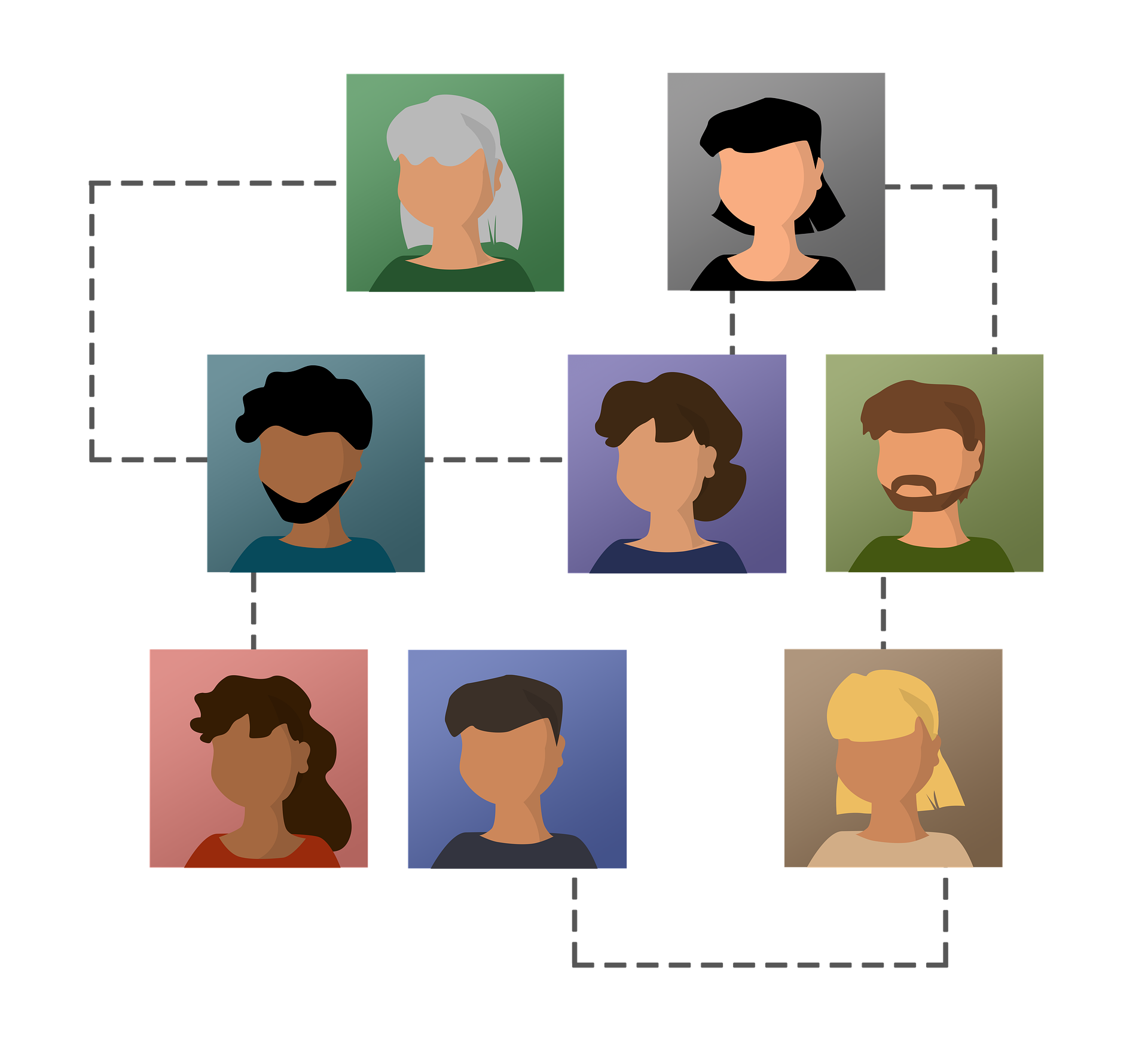


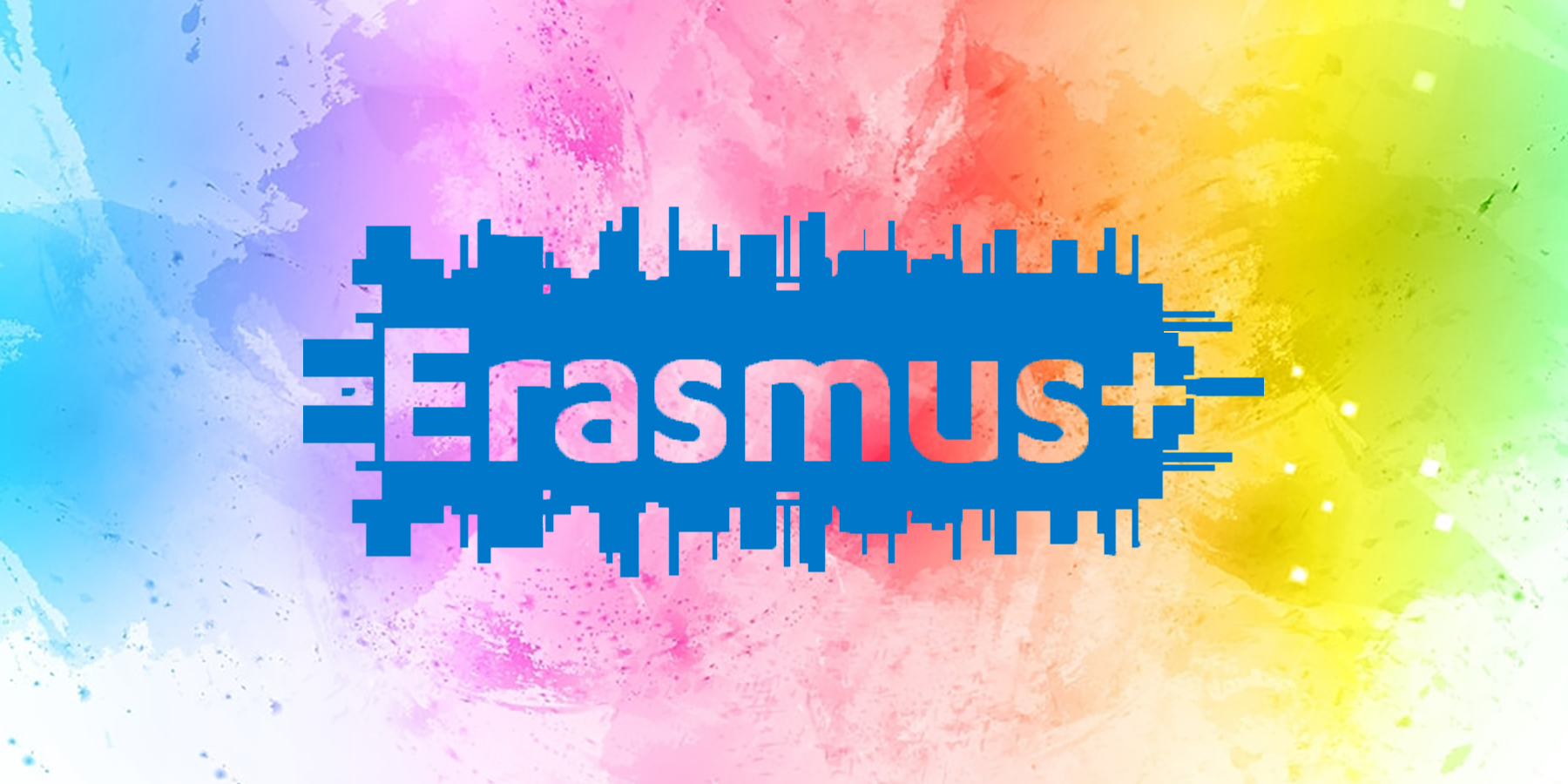
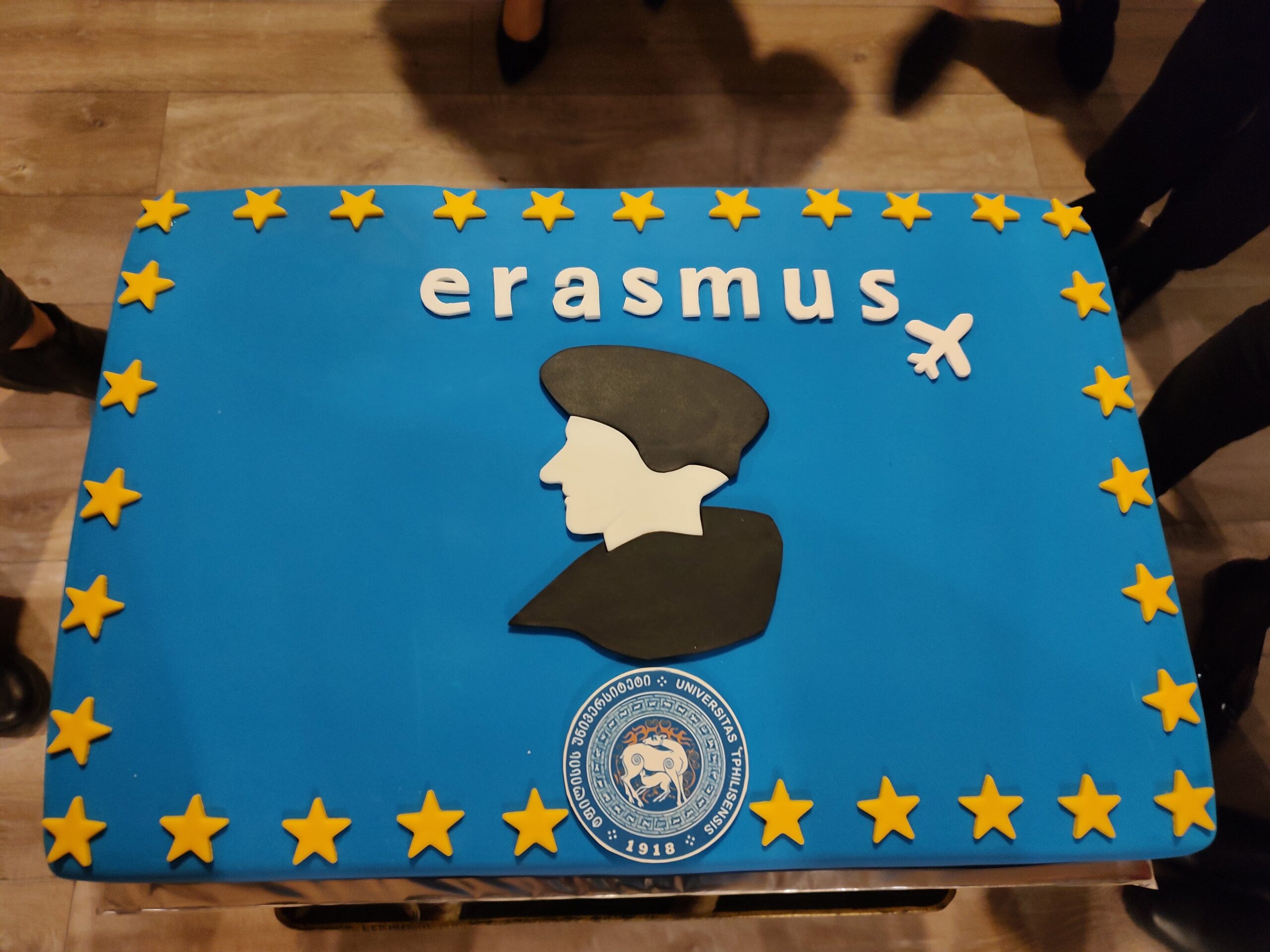

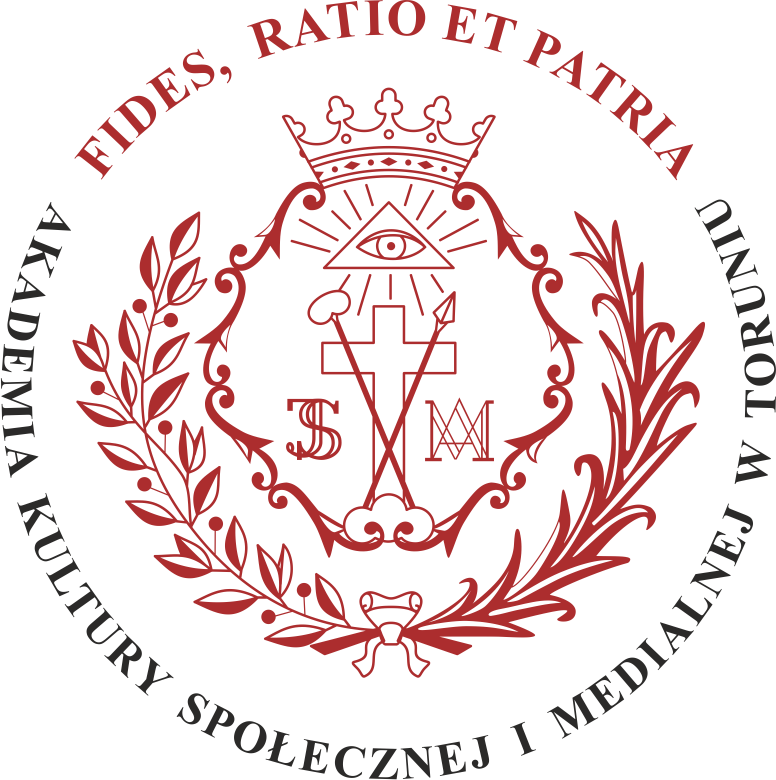




I think this contribution is very interesting inasmuch it sheds some light on safe behavior in the network during remote learning. It is very interesting for all actors of remote education (teachers, students, non-teaching staff, tech support, etc). We all need to adopt a common code of conduct in order to be efficient in our teaching / learning activities even in these extraordinary times!
Also, politeness and respect, especially when we feel frustrated due to lack of social life, isolation and limited interaction with our peers, are at the back bone for navigating through the pandemic and being able to restore what it was before as soon as possible!
Totally agree with everything!
Regarding “good practices”, I personally follow them all, they have been my motto for a long time. But in some social networks, there are people who never stop sharing message threads that are fake. And it doesn’t matter how much I warn them about how these types of messages need to be checked before being sent – it seems like some of them just don’t get it.
What gives me the most pain is when spelling rules are not complied with, because nowadays it is very easy to do so, since when you write on a digital device, everything is corrected almost “automatically”.
I would add this one more thing to the list: “Write only what you would say face to face. And keep in mind that written words can be easily misunderstood, and they remain forever.”
Access to modern technologies is currently extremely helpful (especially in the era of COVID-19). It also carries some dangers. The problem is that someone can create and use an artificial identity on the network. An example is the use of GAN (generative adversarial network) technology that learns to generate new data. For example, at https://thispersondoesnotexist.com/ you will find photos of people who never existed, and their photos were created using GAN technology. Today, in the age of technological development, it is very easy to manipulate the image and create a world that does not exist. While appreciating technologies, we must also be very careful.
… [Trackback]
[…] Here you will find 98075 more Info to that Topic: ripec-project.eu/discussion/network-security-during-remote-learning/ […]
… [Trackback]
[…] Info on that Topic: ripec-project.eu/discussion/network-security-during-remote-learning/ […]
… [Trackback]
[…] Find More Info here on that Topic: ripec-project.eu/discussion/network-security-during-remote-learning/ […]
… [Trackback]
[…] There you will find 55148 more Info on that Topic: ripec-project.eu/discussion/network-security-during-remote-learning/ […]
… [Trackback]
[…] Find More to that Topic: ripec-project.eu/discussion/network-security-during-remote-learning/ […]
… [Trackback]
[…] There you can find 80970 additional Information on that Topic: ripec-project.eu/discussion/network-security-during-remote-learning/ […]
… [Trackback]
[…] Read More to that Topic: ripec-project.eu/discussion/network-security-during-remote-learning/ […]
… [Trackback]
[…] Find More Information here to that Topic: ripec-project.eu/discussion/network-security-during-remote-learning/ […]
… [Trackback]
[…] There you will find 14593 more Info to that Topic: ripec-project.eu/discussion/network-security-during-remote-learning/ […]
… [Trackback]
[…] Here you can find 69772 additional Info to that Topic: ripec-project.eu/discussion/network-security-during-remote-learning/ […]
… [Trackback]
[…] Find More Info here to that Topic: ripec-project.eu/discussion/network-security-during-remote-learning/ […]
… [Trackback]
[…] There you can find 78324 more Info on that Topic: ripec-project.eu/discussion/network-security-during-remote-learning/ […]
… [Trackback]
[…] Find More Info here to that Topic: ripec-project.eu/discussion/network-security-during-remote-learning/ […]
… [Trackback]
[…] Find More on that Topic: ripec-project.eu/discussion/network-security-during-remote-learning/ […]
… [Trackback]
[…] Find More Info here on that Topic: ripec-project.eu/discussion/network-security-during-remote-learning/ […]
… [Trackback]
[…] Find More on that Topic: ripec-project.eu/discussion/network-security-during-remote-learning/ […]
… [Trackback]
[…] Information to that Topic: ripec-project.eu/discussion/network-security-during-remote-learning/ […]